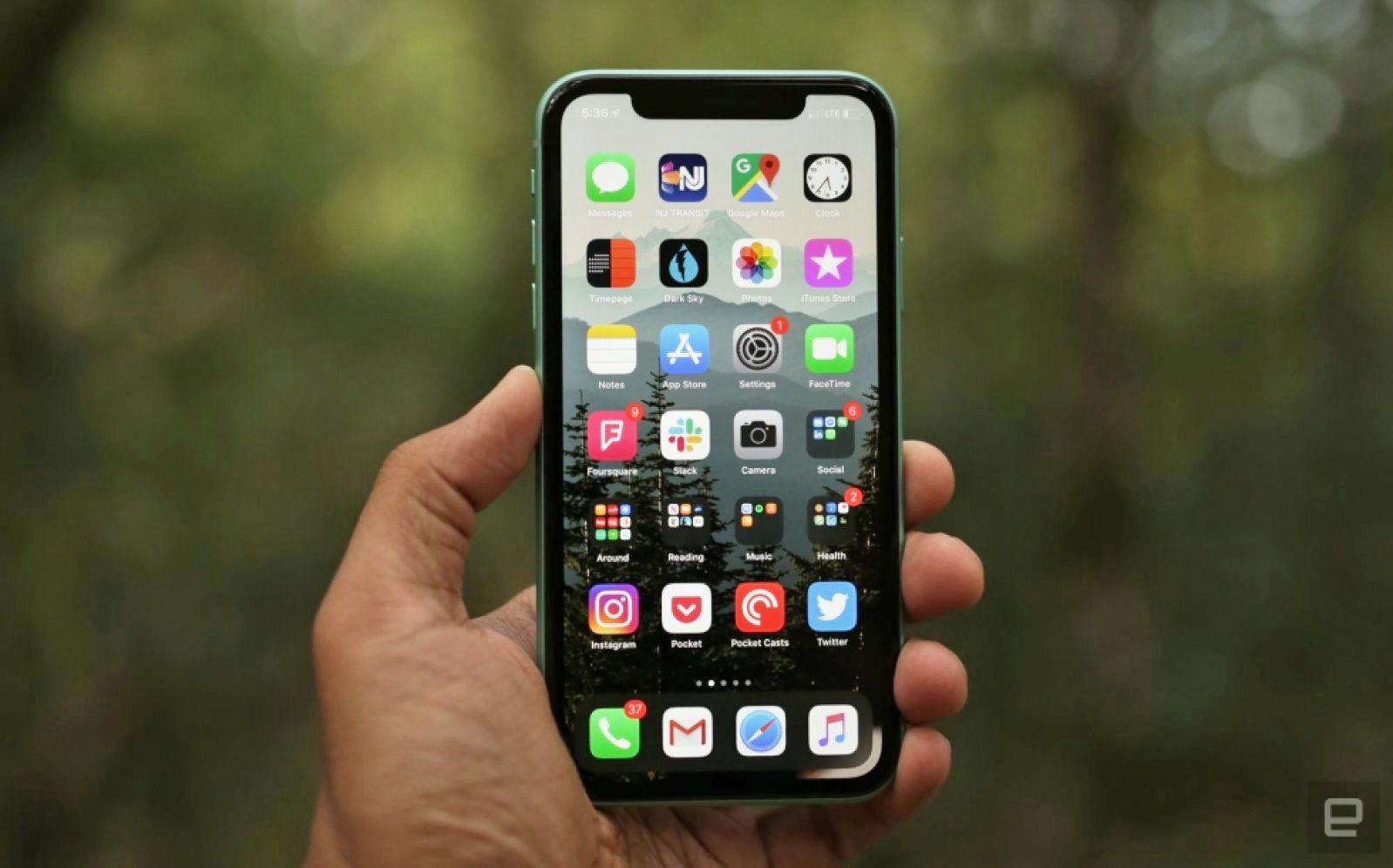Epic Games V. Apple and Google
In August, Epic Games CEO, Tim Sweeney, brought a lawsuit against tech companies Google and Apple. The accusation behind the lawsuit is of exploitation by the tech giants. Apple and Google both hold policies charging developers 30% fees for in-app purchases. Sweeney asserts many developers work with Google and Apple hoping it will pay off in the end. Developers seek to be equals of the two premiere companies, as a result they are willing to work with them and afford the fee. The fee itself is being looked into for possibly falling under the realm of antitrust laws. It is notable that Apple and Google collect the fee on other developers, while not applying it to their own apps.
Both tech companies strongly deny the characterization given by Sweeney and so counter with their own perspective on the suit. Apple claims that Epic Games is acting as altruistic company, but really only wants to avoid fees. Further, Apple has removed Fortnite from its stores, but only in response to violation on the part of Epic Games. According to Apple The policy states developers cannot force users to buy in-app purchases. Sweeney ignored this rule, allowing for the game’s removal from the Apple store. Sweeney’s intent was clear in an email he sent tech executives shortly before violating the rule.
Gathering Support
Epic Games arguing against Google and Apple alone is not the company’s only tactic. Sweeney is also trying to mobilize his user base against the companies. Sweeney’s company created parody video to attract attention to the conflict as well as started a trending hashtag. Many users support his side, but the loss of Apple store has affected users as well. One user reported that friends could not pay online with them because they had the app, not a console or PC. with user stories like this one, large scale support for Sweeney’s cause remain mixed.
However, other large companies voice concern about Apple and Google’s fees. Spotify accuses them of abusing power with the 30% fee on developers. The wide criticisms against the tech companies did not serve for justification, but they only aid Sweeney’s cause. A broader statement is being made by companies, comparing the fee to an unlawful tax.
Current Proceedings
Last month, Apple received a victory. A federal judge did not request the company to return Fortnite into the app store. Although, a complete hearing on the issue is still yet to come, being scheduled for September 28. While complete resolution remains to be seen in court, Sweeney has brought a worthy question to the public eye. A question of how much large tech companies should be allowed to monopolize an industry.

